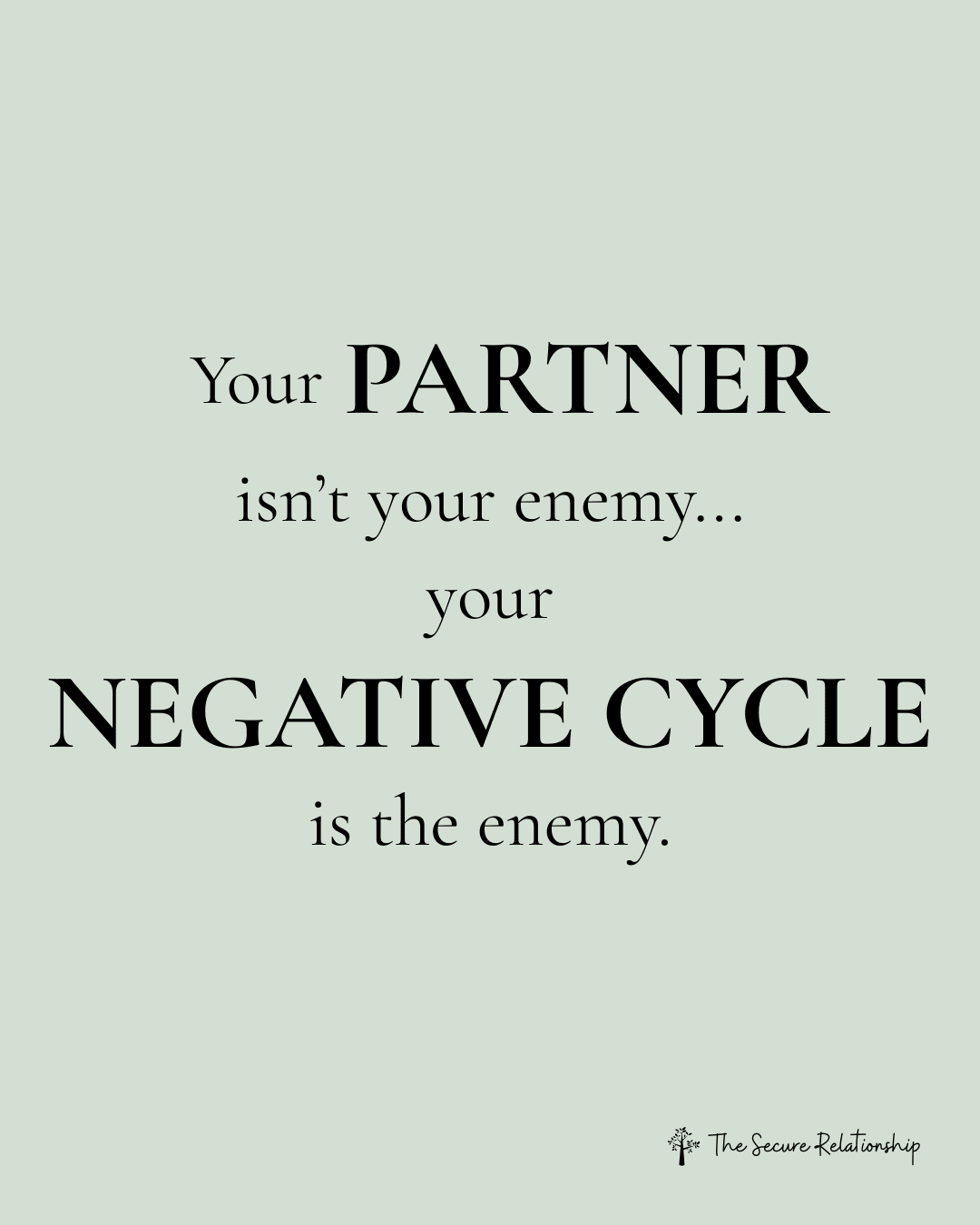Common Experience of Anxious Partners: The Sense of Over Responsibility
Child Self vs. Adult Self
Child Self
"Nobody is here to help me. I'm on my own. I have to figure it all out myself, even when adult responsibilities are put on me. I'm scared."
Adult Self
"I know how to take care of things. I've worked hard to figure it all out. Things need to be done my way for me and those I love to be safe."
But the scared child is still there. And I'm exhausted.
How Over Responsibility Shows Up in Your Relationship with Yourself
"I'm right. My way is the only right way. That's what is safe."
Chronically overwhelmed, unable to relax.
A constant feeling of not being good enough.
Difficulty enjoying the present moment.
Fear that everything will “fall apart.”
A tendency to filter for the negative—the glass always feels half-empty.
Struggles with trusting others or the future.
High self-demands and perfectionism.
How Over-Responsibility Shows Up in Your Relationship with Your Partner
Scared Child Mindset:
Neither of us will ever reach the impossible bars I set for myself and for you.
I want you to help, but it has to be done my way for it to count. If you don't do it my way, I'll do it myself—and be mad at you for not helping.
I expect you to adopt my perfectionistic standards, even if that’s not who you are or how you choose to do things.
How to Balance Yourself Out
Adopt the concept of “good enough” living—at least in some areas.
Explore childhood or life experiences that contribute to your drive toward exhaustion.
Allow yourself to feel the underlying fear and powerlessness that fuel over-control, instead of acting these emotions out in unsustainable ways.
Write a list of areas in your life where these behaviors work—and where they don’t.
Talk to someone who can offer emotional support.
Practice relaxation skills when you feel the urge to do more than what is healthy.
Reparent your inner child—offer them the reassurance they needed to feel less afraid.
What to Practice in Your Relationship
Show appreciation for the good your partner does.
Make space for your partner to do things their way, even when their approach is different.
Find balance between high standards and letting go—learn when to hold on and when to enjoy the present moment.
“Over-responsibility in anxious partners often stems from childhood experiences—learning to let go, trust, and reparent yourself creates healthier relationships.”



Trying to control your environment—like keeping a spotless house—can sometimes be a way to manage inner anxiety caused by relationship disconnection. But when that strategy backfires, it can create more of the very disconnection you’re trying to avoid. This post explores how personal anxiety shows up in relationships, and how couples can break the cycle.